Diversity Programming At The Austin Film Festival
Coverage from the Austin Film Festival, highlighting some panels and films that emphasized the importance of diverse and inclusive storytelling.
When Paramount+ merged with Showtime this past June, that merger coincided with the removal of a few of its “lower-performing” shows. Not just cancellation. Not just a confirmation that there would not be another season to explore the storylines that had been established. No – they took the shows down from their platform.
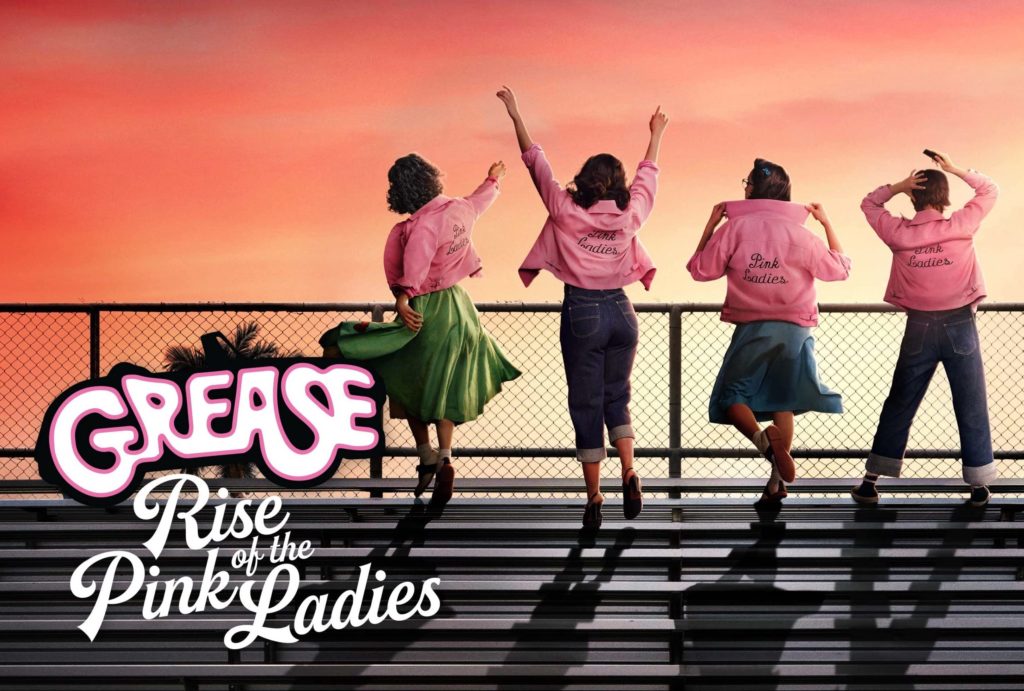
One of the shows removed was the Grease prequel, Rise of the Pink Ladies, which was an all-too-rare breed of show that featured two well-written and beautifully flawed sapphic characters navigating their relationship.
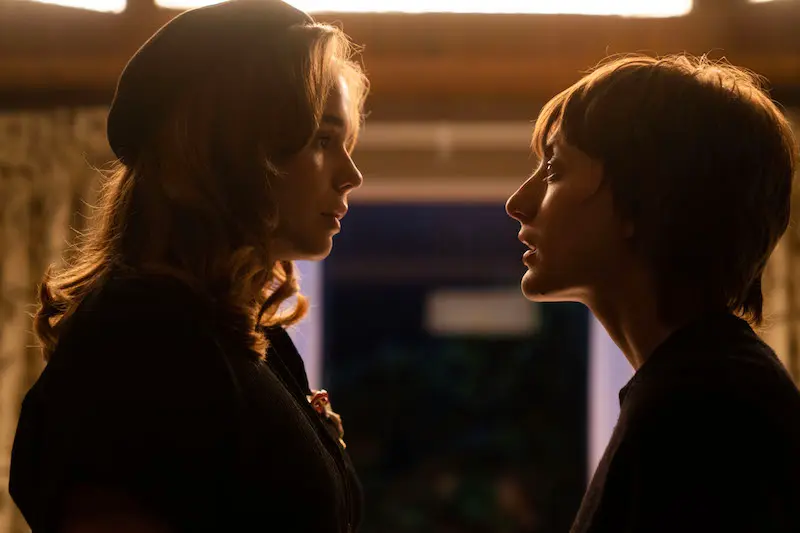
At the time of its removal from the platform, the show had only gotten a ten-episode first season and had been available to stream for less than a month. Within hours of this announcement, fans took to social media to protest, and I began debating about how I could use my own platform to spread the word.
I shared a post on Instagram detailing Cynthia’s journey in the show. How the queer representation felt so authentic, both to the complex realities of what that experience looks like and to the complication of the earlier time period limiting how open she can be in her exploration.
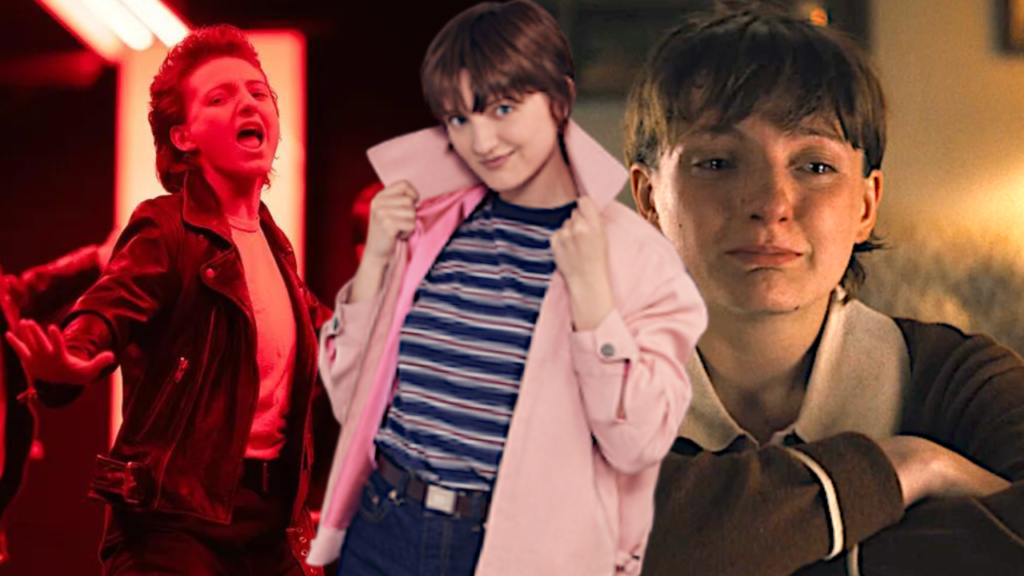
I won’t even get into how incredible it was for the creators to cast a non-binary actor in this role. How unbelievably wonderful that on-screen representation is and how having someone who is actually on a gender journey playing this character adds intrinsic nuance to the role. I so wish we could’ve seen what Ari Notartomaso would’ve been able to do with this character had they been given more seasons to further develop their arc in the show.
(Yes, I used both “they” and “she” intentionally when talking about Cynthia here, because Ari’s pronouns are they/them/he, and even though Cynthia uses she/her, I have a feeling there might’ve been an evolution coming…)
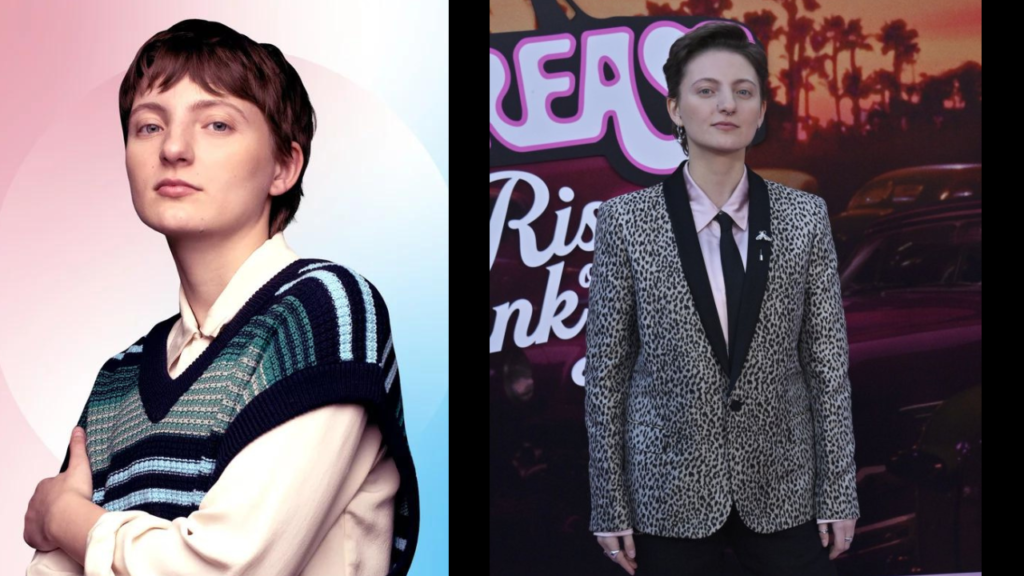
Given my own journey with gender and identity, this Instagram post was very personal, and it felt good to be able to use Cynthia as a vessel to relay my thoughts on the subject.
Representation is so so important.
I even got some engagement from the creatives involved with the show and was so validated by those comments. It reminded me of how participatory art is, how fan and creator are a part of this beautiful experience of catharsis and affirmation through storytelling.
I began putting together a series for Incluvie using songs from the show – which were still available to the public, despite the episodes being taken down – to illustrate the ways in which the show addressed an array of diverse storylines. Because in addition to my own connection to Cynthia and the queer aspects of the series, Rise of the Pink Ladies was incredibly Incluvie friendly, being so purposefully female-focused, with representation for Black, Latinx and AAPI characters. It just made sense to bring my insights into that space.

Unfortunately, I haven’t quite organized my thoughts efficiently enough to get that posted just yet, but I may still share some parts of it at a later date.
As more fans joined the fight, a petition went around asking people to sign and leave a comment about why the show deserved to be saved. The ‘Pink Ladies’ community galvanized very quickly to share how much the show had meant to them, how the visibility for a slew of diverse identities and experiences had been so groundbreaking and important. How this was the kind of content we needed more of, not less. It was a very bittersweet time, as we channeled our anger and sadness into advocacy and found a sort of kinship with others who had been similarly affected by the series. It was a testament to the power of fandom as well as the quality of the show itself that we began to move the needle in various ways. The petition garnered close to 50,000 signatures, tracks on the album moved up on the Billboard chart, and we began to see that our voices – our activism – could effect change.
About a month into this endeavor, we got good news. The show was to be made available to purchase on digital platforms and would be getting a DVD release in the fall!
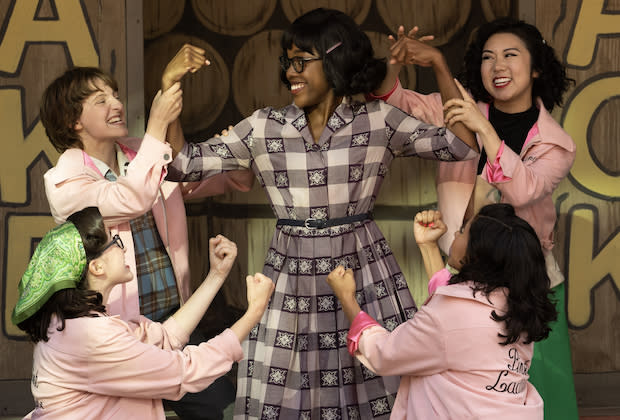
We celebrated our triumph, happy to at least have shown the studios that the aired episodes deserved to be accessible, even if that’s all there would ever be.
Because that’s all we can really do, isn’t it? There are so few shows that depict well-written, complex diverse characters that any sort of small victory must be celebrated. We must be grateful for the morsels we are given because they come so rarely our way.
Especially when it comes to sapphic characters and storylines.
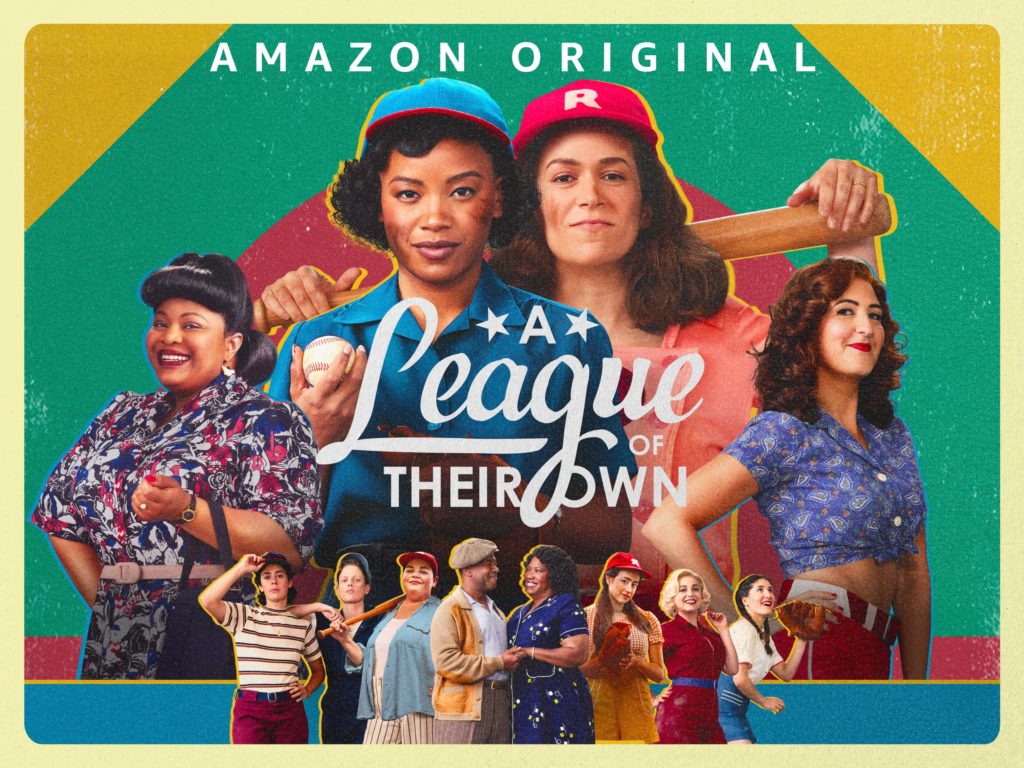
And this brings us to Amazon Prime’s reboot of A League of Their Own, an unapologetically queer female-focused show. Not just because there were several steamy scenes between Carson and Greta – though that content was very welcomed by the community…
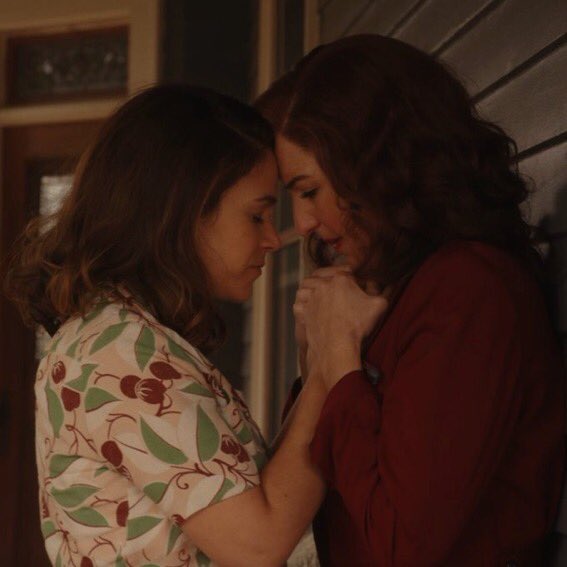
But the way the series illustrated the power of queer kinship and the struggle of having to navigate your own journey of identity was truly groundbreaking. There were conversations in those eight episodes that I’ve never seen on screen before, and this made for an incredibly emotional viewing. You can tell this is a series that was created by queer people because that lens is so expertly employed to showcase a spectrum of lived experiences through a wide variety of queer storylines.
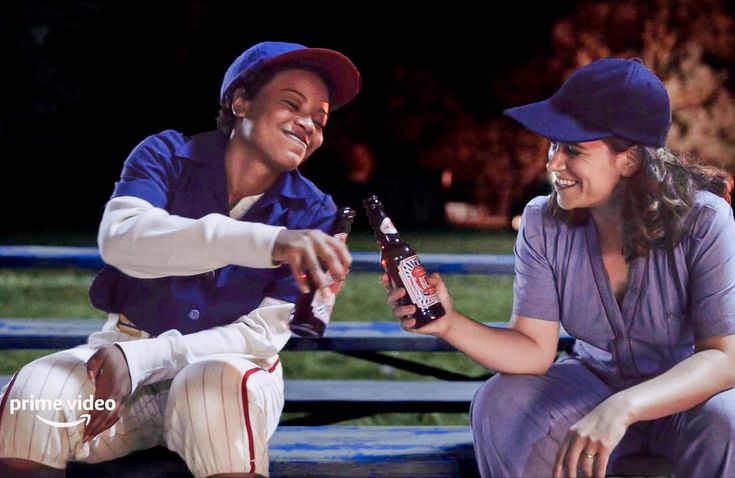
One of the most interesting and compelling characters in this series was Max, who is struggling with gender presentation as well as the intersectionality of being a Black queer ballplayer in the 1940s.
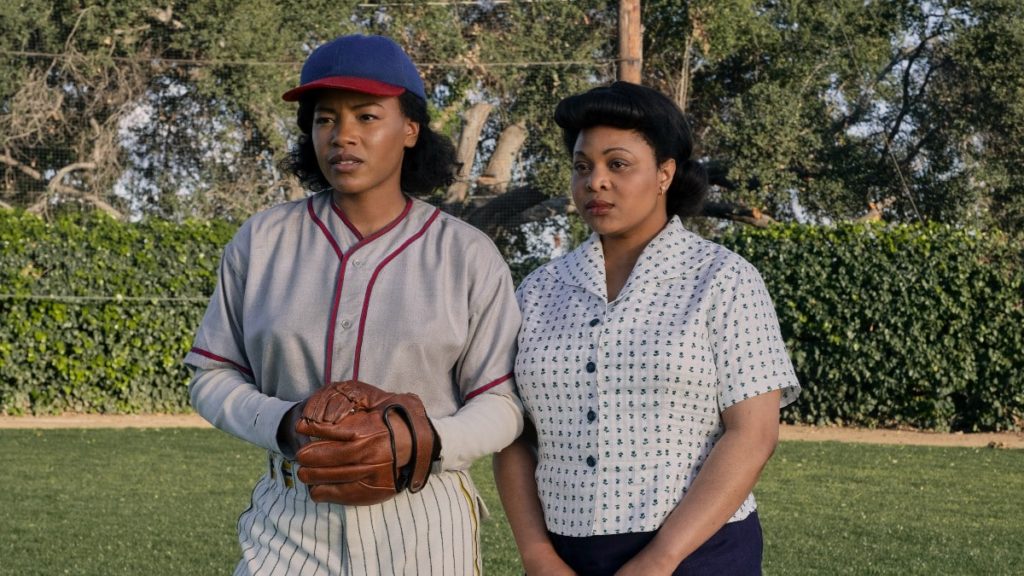
There are so many layers to unpack with Max, and these creators do a wonderful job of giving all of them their due. The show also features an arc involving her uncle Bertie, who is a Black trans man, played by a Black non-binary actor. That on-screen representation alone is remarkable, but the exchanges the two have about figuring out who you are and how you fit into the community are so poignant and very very rare.
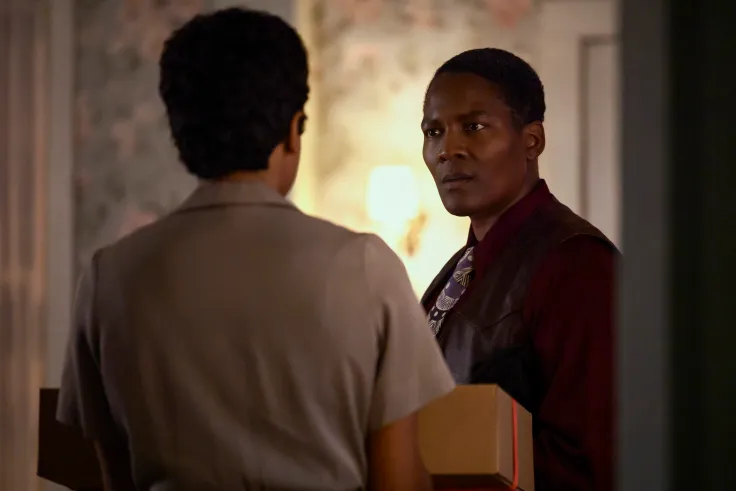
The show also featured some of the best representation I’ve seen for masc queer characters, which my masc self greatly appreciated. Even in queer stories, there is usually just a token butch to check the proverbial box of on-screen visibility. This leads to all sorts of stereotyped, cliché moments and lines of dialogue from a character who often only plays a minor role in the overall narrative.
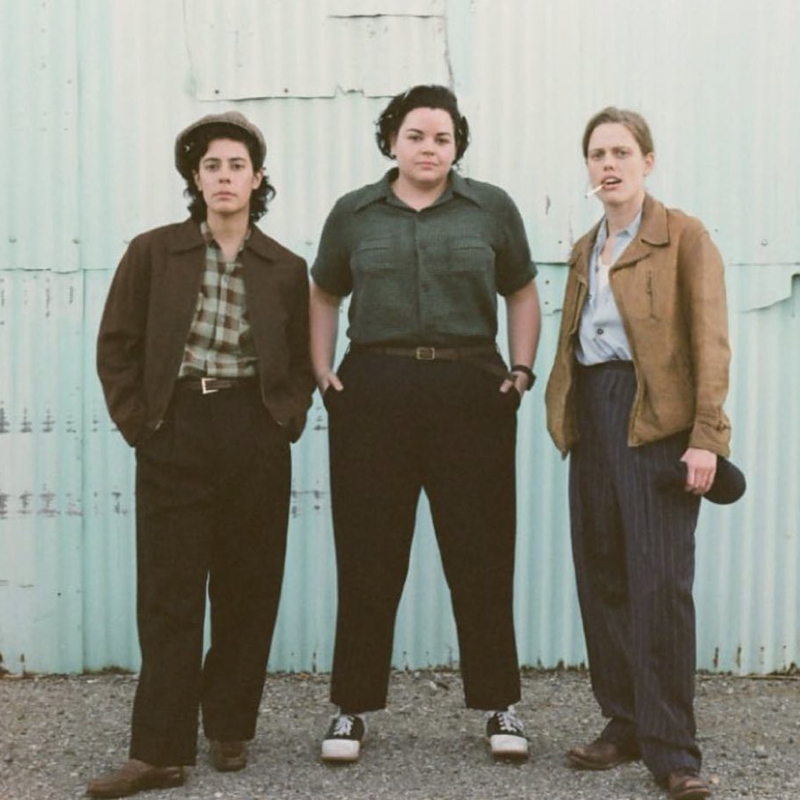
In this show, however, there are several masc characters and each one has a slightly different journey, one that demonstrates the unique struggle of moving through the world in that way; whether it’s Lupe navigating micro-aggressions and racism, Jess almost getting cut from the league for not wearing makeup, or Jo being beaten up during the raid of a queer bar. Even though the reality for these characters does come with upsetting moments, it added to the authenticity and the intentionality in the portrayal of their journeys in the narrative. They got to be messy, sympathetic, and strong, and I am so grateful to the creators for giving us that gift.
After the first season of the series aired, we waited months for confirmation of a season two pick up. And when it did come, there was a caveat – the second season would only be half as long. We were only going to get four more episodes to expand on and wrap up everything that had been introduced in season one.
Once again, we had to take what we could get and be grateful that we were being given these morsels. Once again, sapphic stories were a low priority for the studios, even ones with such beautifully unique, complex explorations of queerness.
We were getting four episodes. We could make that enough.
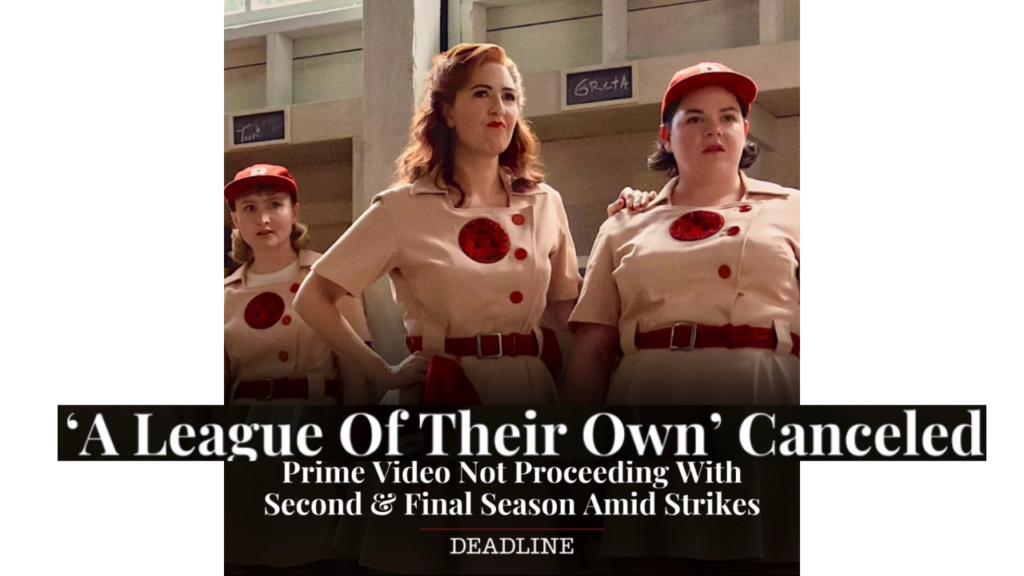
In the midst of the writers’ strike this past August, we got the news that there would be no truncated second season. The press release made sure to blame the unemployed creatives fighting for their right to fair pay and decent treatment for the cancellation, but we all know the real reason.
They already weren’t gonna give this show the fighting chance it deserved and we know why.
Before you go right to homophobia, I want to call your attention to the recent success of Red, White & Royal Blue, which is on the same platform as A League of Their Own.

This is not as simple as homophobia. It’s a lack of respect, appreciation, and understanding for sapphic content. It’s where the intersectionality of homophobia, transphobia, patriarchy and sexism comes into play.
I’m not saying we should stop making movies like Red, White & Royal Blue. I’m not saying that white-passing cis gay men don’t deserve a voice or a space in the conversation around representation. That’s not the takeaway here.
I’m saying we as a society need to not limit our queer media consumption to that narrative alone. That there are so many amazing stories out there that could provide validation to people who need them. That you may even see bits and pieces of your own journey in characters you might have been denied had you continued to silo your entertainment to the more familiar movies and tv shows.
This was one of the things I really appreciated about Bros.
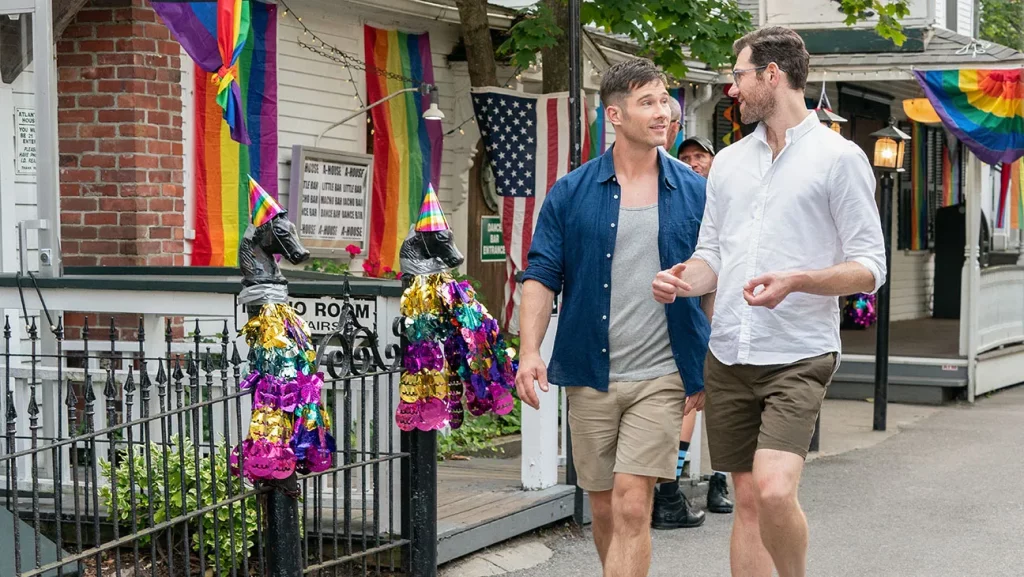
I was initially hesitant about watching the film because, in many ways, it felt like yet another white cis gay man getting to tell his story, and I lamented the lack of diversity in that concept. But the film actually featured a side story about said white cis gay man learning to give space to others in the queer community. And that was quite refreshing.
This is also why I love Heartstopper.
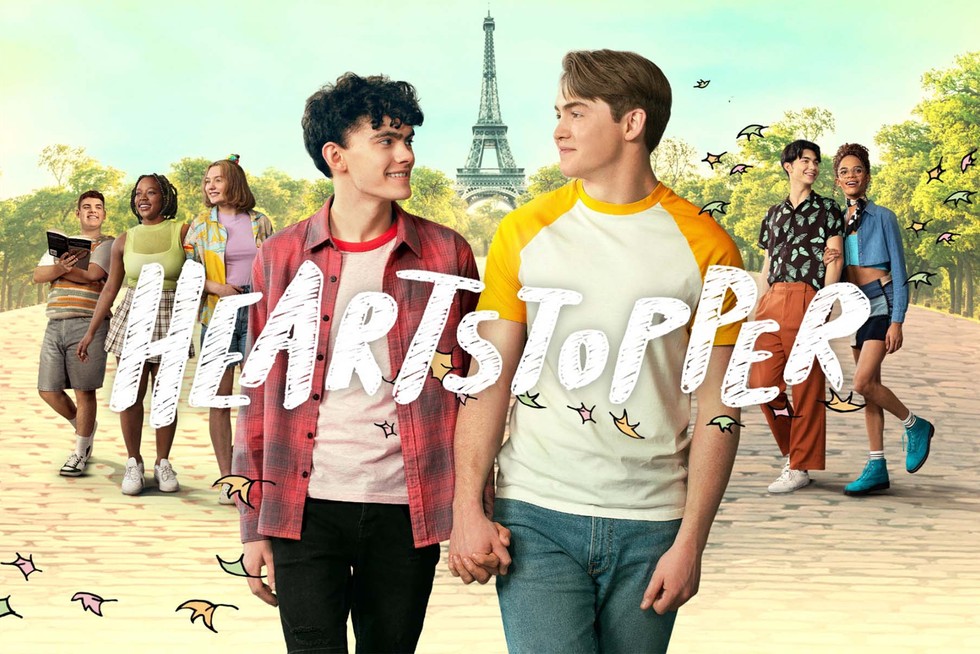
On the surface, it’s a story about two white cis gay (well, one is bi, actually) men falling in love. But there are also storylines featuring numerous non-white characters, lesbian and trans experiences, and even asexuality. Alice Oseman brings us into the complexity of the queer community through a familiar, well-tread road, providing an avenue to better understanding in an accessible way. She’s saying: “Look! Here’s a cute gay romcom about Nick and Charlie, and if you like that, here are a few more relatable, awkward teens figuring themselves out.”
While the loss of Rise of the Pink Ladies and A League of Their Own hurts, I do still believe we’re in an era where queer media is in greater demand. In fact, both of these shows were based on original source material that neglected the exploration of queer characters’ lived experience, and their creators actively chose to dig deeper with a lens toward diversity.
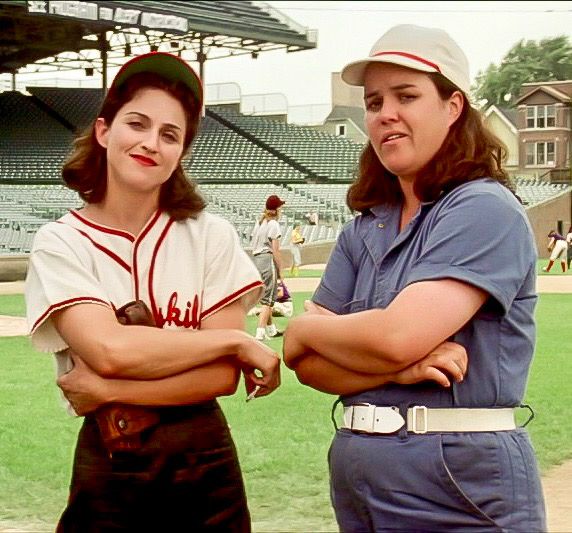
When Marshall’s film came out in 1992, O’Donnell was not yet out publicly. Her character in the film – Doris – was canonically straight, having both an ex-boyfriend and new potential male love interests. In a similar fashion to the etiquette sequence in the new series, the film seemed to be reinforcing the notion that Doris was not queer, despite her masc energy.
Same with Marla. Don’t even get me started on that one.
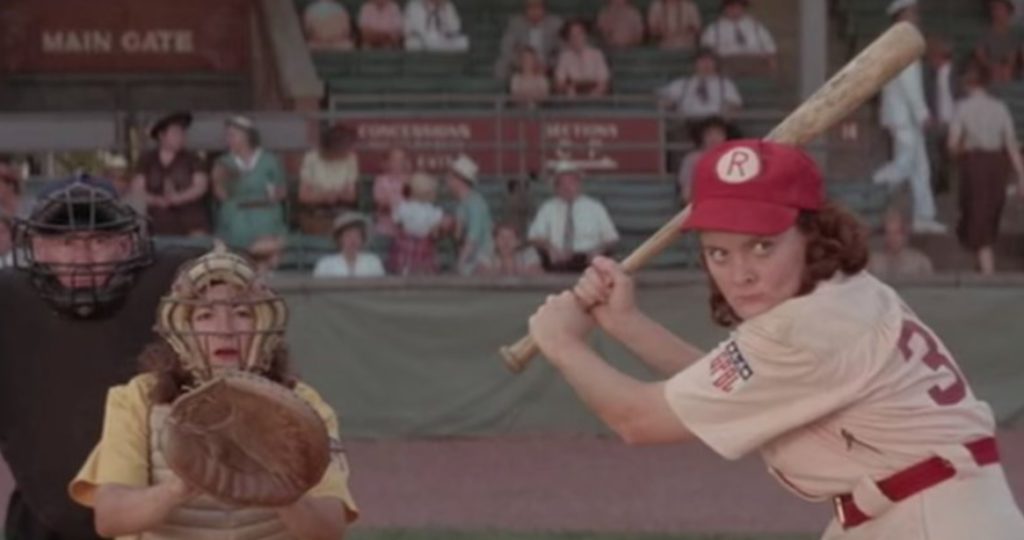
Gratefully, when O’Donnell made her cameo appearance in the series reboot, she got to play the lesbian bar owner Vi, sporting a well-tailored suit and happily married to her wife, Edie. A perfect full circle moment.
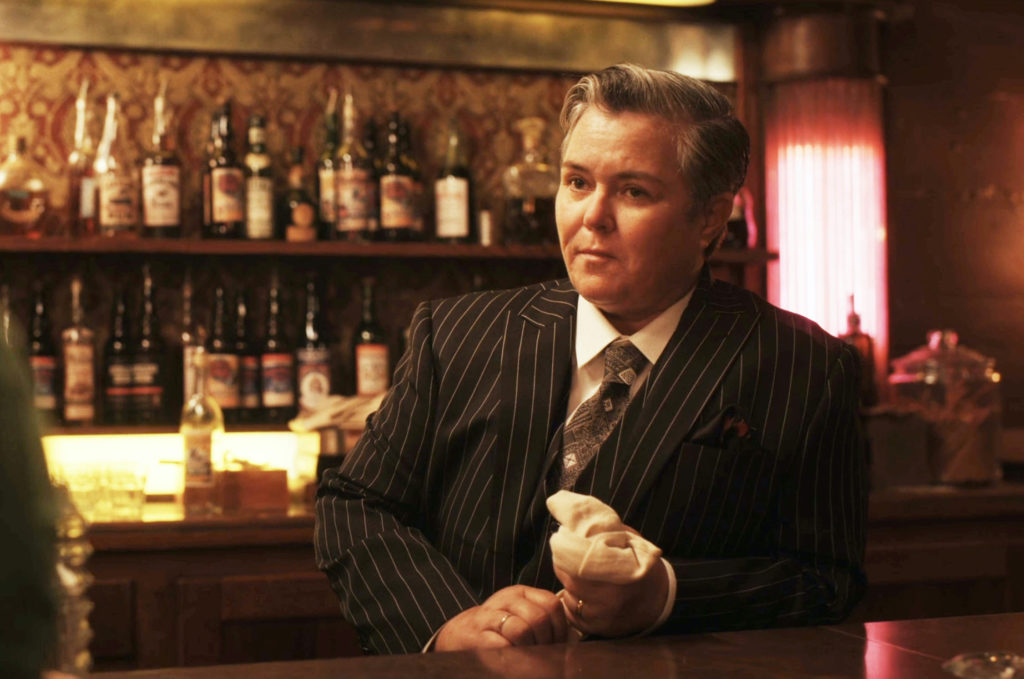
Doris and Vi span thirty years. That’s thirty years of both societal evolution and personal growth. It’s a sign that progress is not only possible, it’s happening.
Slowly but surely.
The industry may continue to miss the mark on giving sapphic content its due, but the stories and characters we have received in recent years give me hope that creators will keep making their art, keep doing what they can to move that needle.
And one day, we may no longer have to be content with morsels.
Related lists created by the same author
Coverage from the Austin Film Festival, highlighting some panels and films that emphasized the importance of diverse and inclusive storytelling.